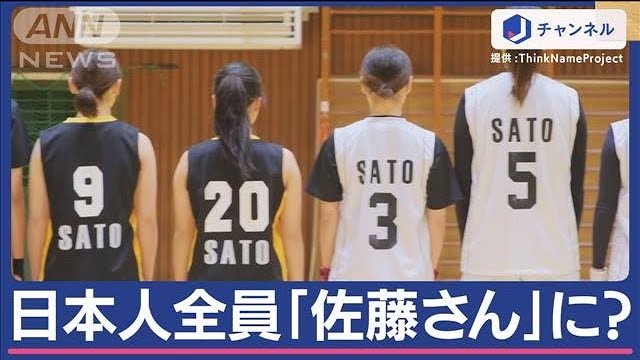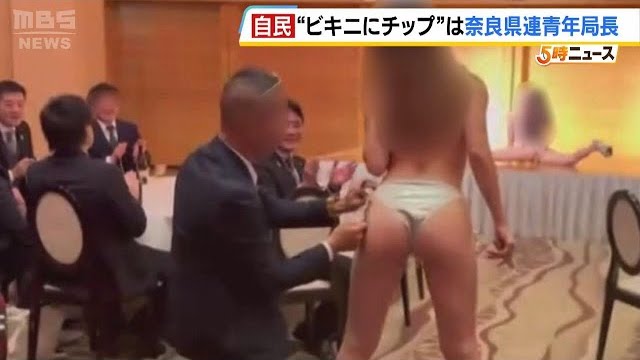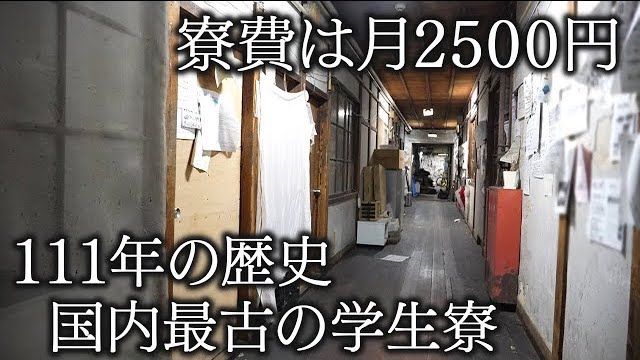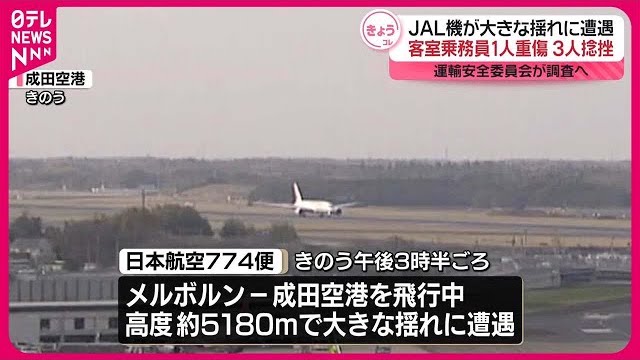Many countries would welcome an unemployment rate of “only” 4 percent, with the luxury of having more jobs than jobseekers.
The United States’ unemployment rate hit 13.3 percent in May, with more than 47 million people laid off since coronavirus lockdowns began.
So why has Japan’s rate stayed so low? One major explanation lies in the country’s dearth of workers owing to an aging population.
Japan has the world’s only “superaged” society in which more than 28 percent of people are 65 and older.
This means firms are reluctant to lay people off even during a recession, as they fear they will have few options to recruit when the crisis passes.
Japanese law also makes it difficult for companies to hire and fire flexibly during a downturn, notes Munehisa Tamura from the Daiwa Institute of Research.
“Therefore, even if an economic shock happens, generally speaking, it does not directly lead to an immediate and sharp spike in unemployment,” he said.
Even then, analysts point out the low rate does not account for millions — especially women — who gave up their job during the pandemic to care for family and are not counted as job-seekers.
And some critics say the apparently healthy unemployment data belies the daily reality for millions — especially the 40 percent of the workforce on temporary or part-time contracts.










